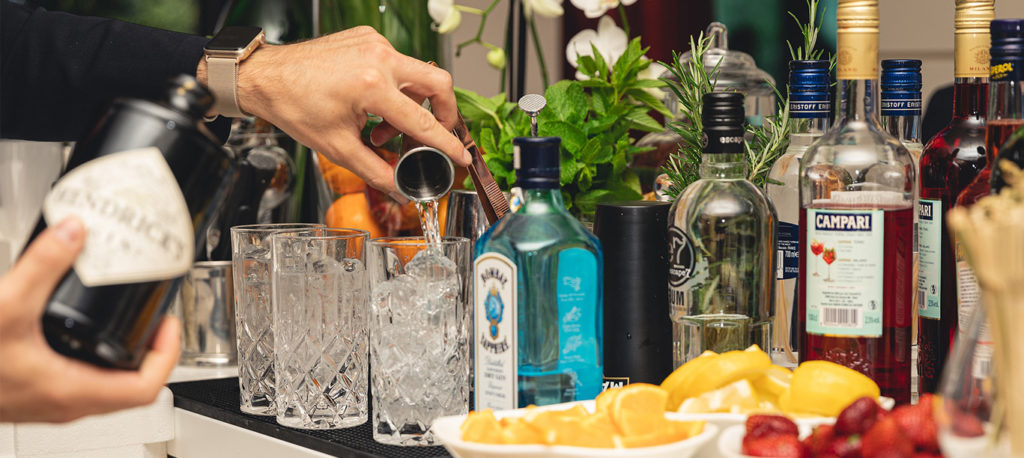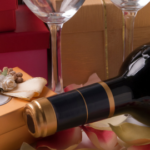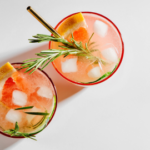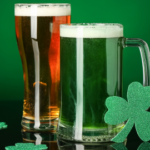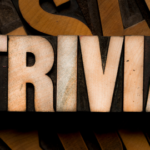Gin is a favorite libation for those who enjoy the fizz of a good tonic or the bite of a martini. While many of us know and love the herbal notes of gin, you might be surprised by its somewhat sordid history. Like many types of alcohol, gin has been the subject of controversy and vilification. Learn the history of this herbaceous spirit.
An Ancient Spirit
You can trace gin’s origins back as far as 70 A.D., where it was first used as medicine – specifically, a tonic of wine steeped in juniper berries to help ease symptoms associated with chest coughs. Fast forward to 1055, and the Benedictine Monks included similar recipes in their Compendium Solernita, a sort of medieval medical textbook.
By the 16th century, the Dutch were creating their own version of gin, a spirit comprised of a healthy dose of malt and juniper berries added to combat the harsh flavor of the fermenting grain. Gin, as we know it, however, came around the year 1714, when a British author shortened the liquor’s name, genever, to Gen, but misspelled it. Interestingly, this is the name that stuck, and gin’s history only gets more exciting.
Death and Taxes
It would be another few decades before Benjamin Franklin would quip about death and taxes, but the sentiment would still hold true in 18th century England. At a trade war with France, the King put exorbitant taxes on wine and Cognac, prompting people to get a little creative with their mixing. People began making their own gin. With no laws or restrictions on distilling, enterprising distillers began adding juniper to turpentine and even Sulphuric acid, which had some unintended health consequences. Faced with a mounting death toll and number of people with mental illness, distilling would soon become heavily restricted. Because of its ability to make people crazy – a literal “gin craze” – it would become vilified and high members of society would promote drinking beer and tea over the seemingly dangerous beverage.
Gin found its redemption in the mid-19th century, when a new still revolutionized the way we make liquor (crystal clear and without additives). The British Royal Navy kept gin on its ships, as it was not prone to spoiling like beer and wine. They also kept quinine aboard as a natural treatment for malaria. Quinine was notoriously awful, so seamen often mixed it with soda to quell the harsh taste. An enterprising sailor thought to add gin to the mix – and an iconic cocktail was born. The rest is history. Today, gin is a staple at bars across the world.
Find Your Perfect Gin at Payless Liquors
Gin comes in a variety of styles and proofs. It tends to be dry, though some types of gin take on a naturally more piney flavor profile than others. While the most popular gins like Beefeater, Bombay Sapphire, and Tanqueray are distilled from Juniper berries, some local distillers make the spirit from grains and even blueberries. There are many ways to enjoy gin – come and try a bottle for yourself!

